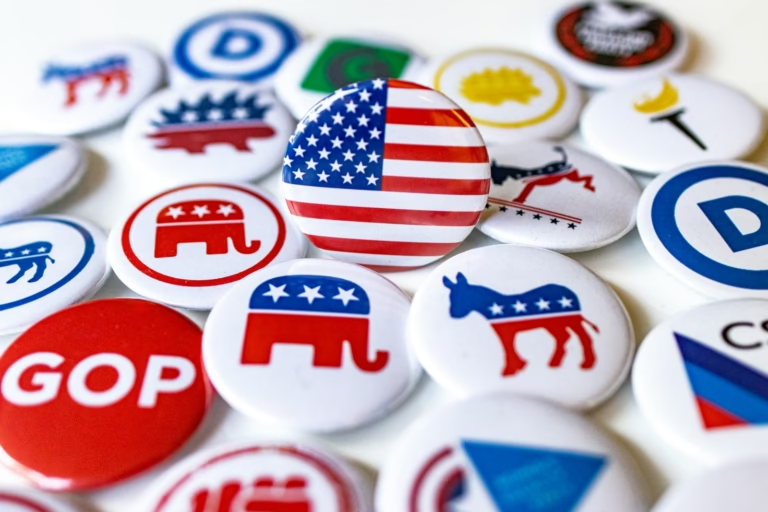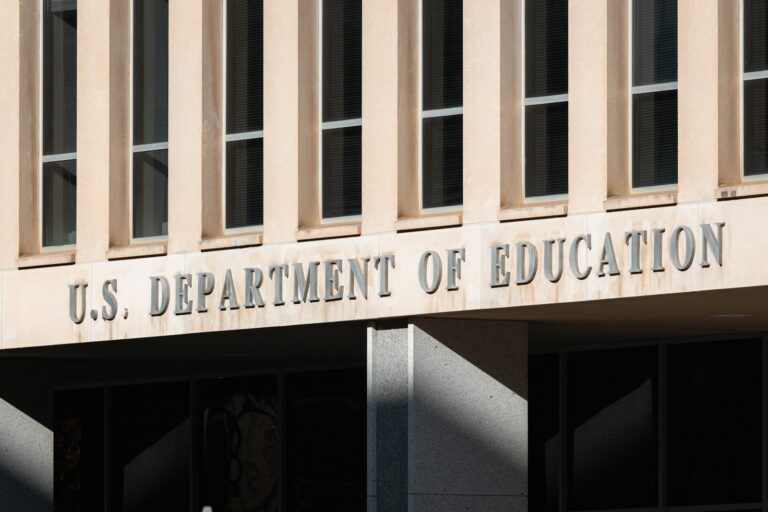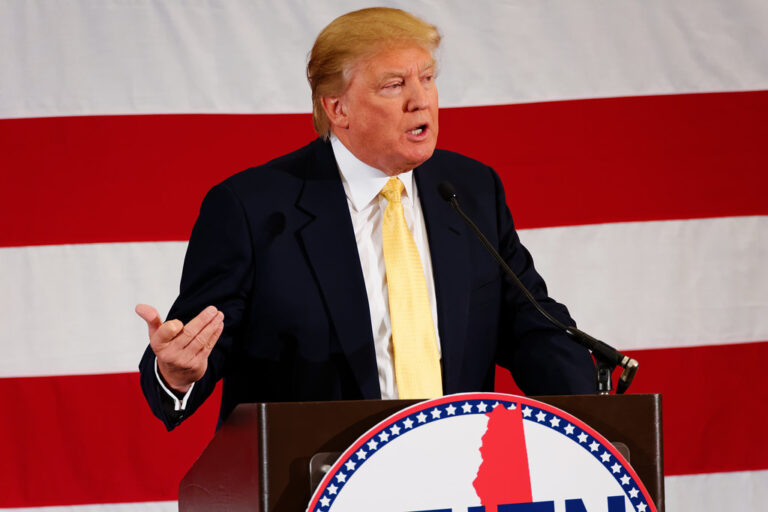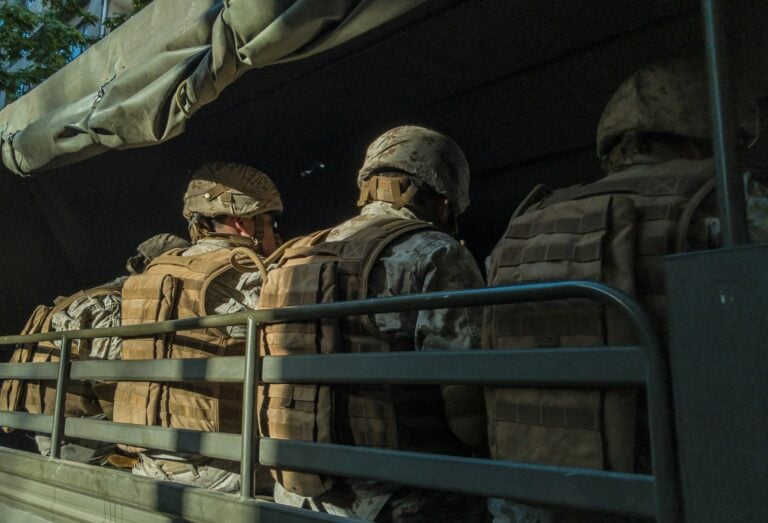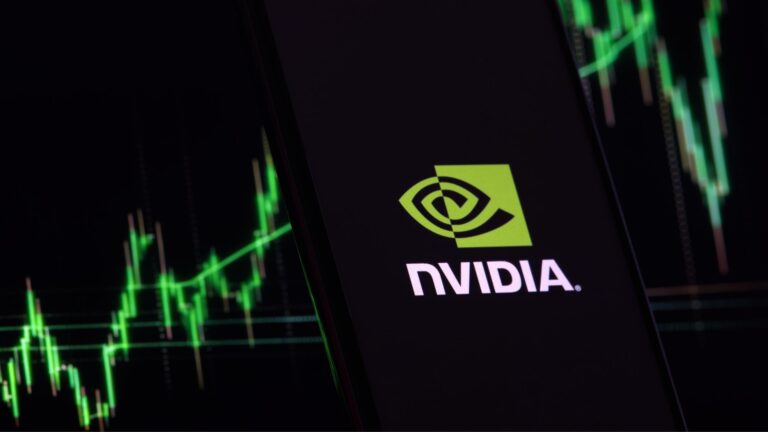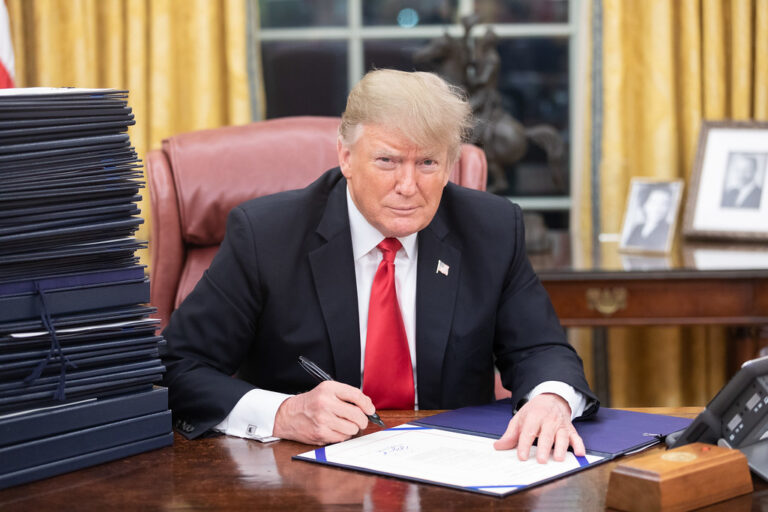Key Takeaways
- The Trump administration held a secret GOP-only Venezuela briefing.
- Senate Democrats were left out and now demand answers.
- Some Republican senators apologized for excluding Democrats.
- Lawmakers call for an all-Senate Venezuela briefing.
- The incident raises questions about transparency and war powers.
The White House held a private Venezuela briefing for Republicans this week. Democrats say this move hid facts from the American people. Lawmakers now demand a full, bipartisan update on U.S. policy toward Venezuela.
Why the Venezuela briefing Was a Problem
The Senate usually holds briefings on national security in a bipartisan way. However, Wednesday’s Venezuela briefing invited only Republicans. Democrats say this broke long-standing practice. Senator Richard Blumenthal said the GOP-only meeting “conceals and hides the facts.” He argued that if the facts were on their side, Republicans would share them openly.
Meanwhile, senators worry about possible U.S. military action in Venezuela. President Trump has suggested ground strikes might happen. Yet key lawmakers were shut out of a critical discussion on the issue.
What Senators Said About the Snub
Senator Richard Blumenthal called the GOP-only meeting “an effort to hide the facts from the American people.” He demanded that someone be held accountable for barring Democrats. He also asked for an all-Senate briefing on the daily executions of sanctions enforcement.
Senator Jack Reed confirmed that several Republicans later apologized for the mistake. Reed said they meant no harm. He noted an attitude in this administration that it only needs Congress during emergencies. Reed added that national security issues require outreach to all members.
On the other hand, Senator Mike Rounds said he learned about the briefing by invitation. He then told his Democratic colleagues what happened. Rounds said the White House acknowledged the error and plans to address it soon. He also praised the briefing’s content, calling it “very good.”
Some Republicans saw no big issue. Senator Thom Tillis said two separate meetings were fine. He suggested the parties could meet together later. He found the information useful and hopes more details can be declassified.
Call for an All-Senate Venezuela briefing
Democrats now demand a full, bipartisan session on the same topic. They want equal access to intelligence and Armed Services updates. They say the GOP-only meeting threatened trust in the Senate’s role.
Many senators agree on the need for openness. They note that national security briefings rely on trust across party lines. Otherwise, they say the public may never learn the full story.
Moreover, lawmakers warn about pressing war powers questions. If the U.S. plans ground strikes, the Constitution and War Powers Resolution require Congress to weigh in. Senators fear they may not get the chance if one party blocks the rest.
Next Steps and Questions Ahead
For now, the White House must decide how to fix the error. Will it hold a new, all-Senate Venezuela briefing? Or offer declassified summaries? Republicans who apologized say they hope for quick action.
However, Democrats want more than an apology. They demand someone take responsibility for the snub. They also seek assurances that future national security briefings remain bipartisan.
Meanwhile, the debate shines a light on U.S. policy toward Venezuela. Will the administration stick to sanctions or go further? How will Congress shape that policy if lawmakers can’t even get briefed?
Finally, the incident may influence public opinion. Voters who value transparency may view the GOP-only briefing as a cover-up. Others may see it as a harmless oversight. Either way, both parties now face pressure to prove they can work together on critical issues.
What can we learn from this episode? First, bipartisanship on national security is vital. Second, transparency builds trust with the public. Third, lawmakers must insist on their constitutional role in war powers. Fourth, fast fixes and clear rules can prevent future snubs.
As the story develops, all eyes will be on the Senate and the White House. Will they deliver the promised all-Senate Venezuela briefing? Or will political tensions keep key facts under wraps? Only time will tell, but the call for accountability has already changed the debate.
FAQs
What caused the Senate uproar over the Venezuela briefing?
The White House held a closed‐door meeting for Republicans only, excluding Senate Democrats. This broke usual bipartisan practice. Democrats say it hid critical facts from the American people.
Why do senators insist on an all-Senate briefing?
National security briefings rely on trust between parties. Senators need full access to intelligence on possible military action. They also must fulfill their constitutional role in war decisions.
How did Republican senators respond to the criticism?
Some Republicans apologized and called the move a mistake. They said they want to fix it by arranging a bipartisan session soon. Others saw no harm in separate meetings.
What might happen next on U.S. policy toward Venezuela?
The debate highlights questions about sanctions, ground strikes, and war powers. If Congress holds a full briefing, lawmakers could shape or limit executive action. The process could slow or speed new policies.

